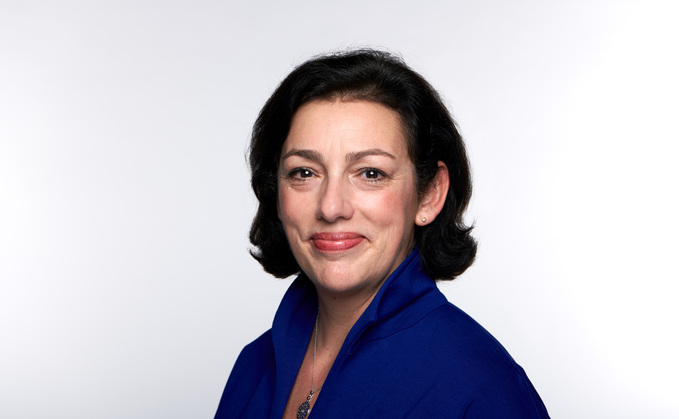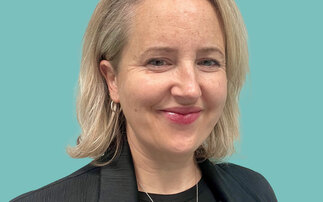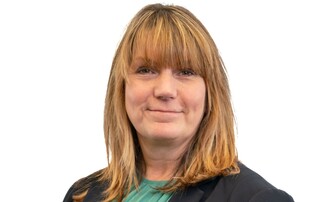
Delfas: The professional trustee industry has experienced significant growth over the last few years
The Pensions Regulator (TPR) has confirmed it will formally extend its oversight of professional trustee firms.
Speaking today (2 April) at the Trades Union Congress Pensions Conference, TPR chief executive Nausicaa Delfas said as part of its move towards a prudential style of regulation, the regulator carried out evidence gathering with 11 of the biggest trustee firms to ascertain their businesses, as well as the risks and opportunities they face and potential issues of conflict.
The regulator's research revealed there was a variety of business models in the market as well as a "significant" expansion in the number of professional trustees, which it said brought different risks and opportunities to savers.
As a result, TPR confirmed it would formally extend its oversight of professional trustees firms seeking to influence better outcomes for savers to build on the regulator's experience of developing relationships with eight of the largest commercial and non-commercial administrators in the market.
TPR also published a market oversight report which examined the areas where risks to member outcomes could occur including relationships with employers, profit and remuneration models, sole trusteeship, in-house advisers and scheme decision makers.
The watchdog said its market oversight team will establish ongoing supervisory relationships with professional trustee firms beginning this summer and would extend its approach to cover the remaining firms by the end of the year. It added it would seek industry feedback and called on those with information or experience of the market to come forward.
Delfas said: "The professional trustee industry has experienced significant growth over the last few years, with more than half of UK schemes using a professional or sole trustee.
"Between them, just ten firms govern more than a trillion pounds of savers' retirement income. As part of our new risk-based and outcome-focused approach to regulation, we are extending our engagement with these firms to identify and mitigate any risks to pension savers.
"Our goal has been to understand how they make sure the principles of good trusteeship run through everything that they do. We have probed across five key areas: ownership structure, skills and experience, knowledge and understanding, diversity, equality and inclusion, conflicts of interests and fees.
"Through this we will explore the nature of the relationship between the firm and the employer. To make sure that independence is maintained. We will interrogate professional trustee firms' profit and remuneration models, that means understanding if the commercial imperatives of firms could affect trustee's decision making, and whether there is any risk that services could be compromised in a bid to reduce costs."








